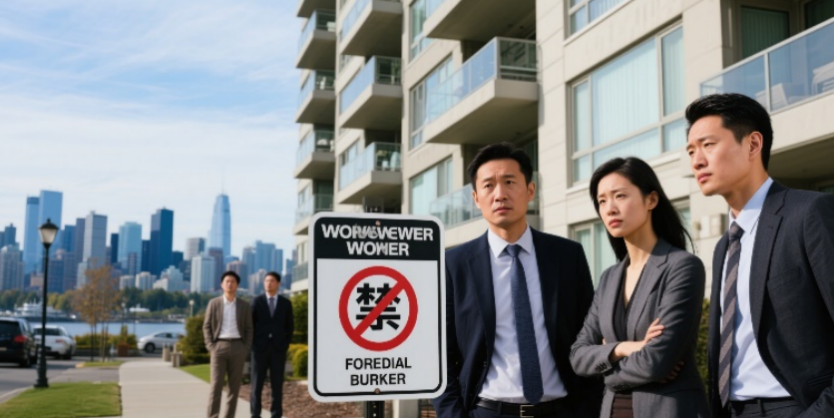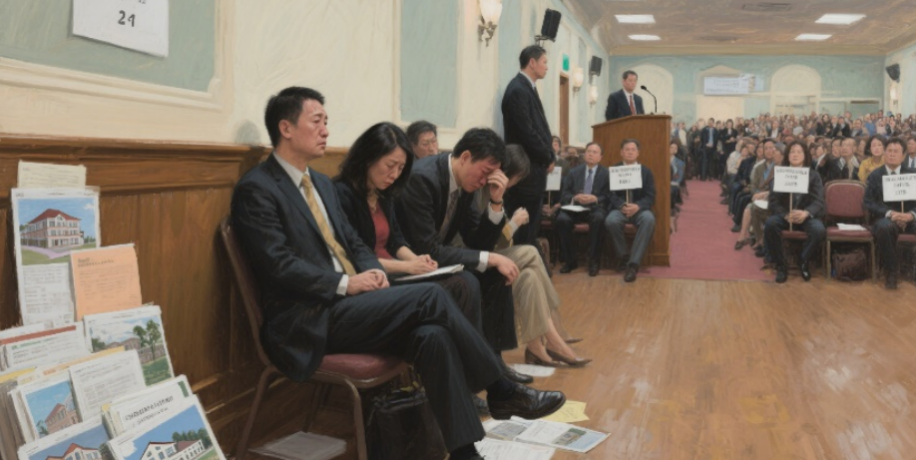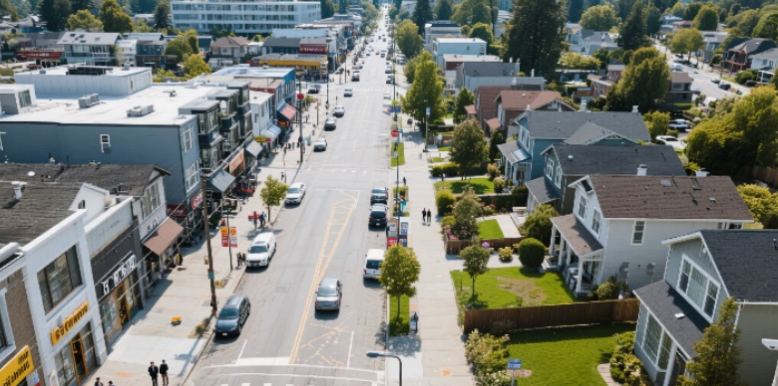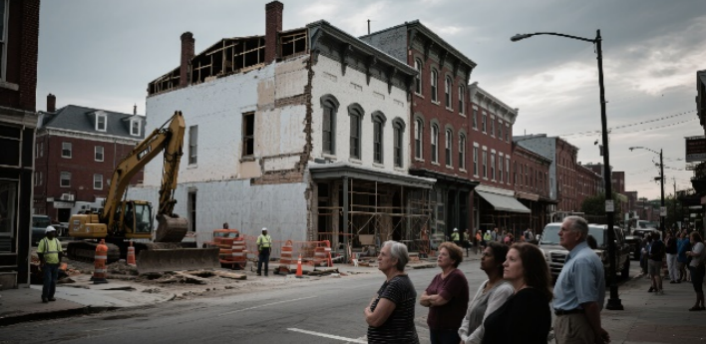
In March 2023, Canada introduced the Non-Resident Speculation Tax (NRST) 2.0, a landmark policy banning most foreign buyers from purchasing residential property for two years. Nowhere has this impacted more acutely than Vancouver, where Chinese investors once accounted for 22% of foreign purchases in prime neighborhoods like West Vancouver and Richmond. This article dissects the motivations behind the law, its immediate effects on Vancouver’s market, and why Chinese buyers are bearing the brunt of the freeze.
The Policy Catalyst: Affordability and Nationalism
The law responds to a decade of skyrocketing housing costs fueled by foreign capital. Between 2015 and 2022, Vancouver’s median home price surged to $1.48 million, outpacing income growth by 70% and pricing out local millennials and Gen Z. Politicians framed foreign buyers—especially wealthy Chinese investors—as villains driving a "housing affordability crisis," despite data showing they represented just 6% of total purchases nationally. The policy’s rhetoric tapped into populist sentiment, with phrases like "homes for Canadians, not investors" dominating debates.
The NRST 2.0 goes further than its 2017 predecessor, expanding the foreign buyer ban to include corporations and trusts linked to non-residents. Exceptions apply only to permanent residents, refugees, and foreign students studying in Canada for over five years, but even these groups face stricter tax reporting. For Chinese investors—many of whom used offshore entities to purchase Vancouver properties—the law created an effective blockade.

Vancouver’s Market Turbulence
1. Immediate Cooling of Luxury Markets
Prime areas heavily dependent on Chinese investment have seen dramatic declines. In West Vancouver, home sales to foreign buyers dropped 89% in Q2 2023 compared to the previous year, while average prices in Richmond’s luxury condo market fell 12%. Developers report canceled pre-sales worth $500 million, as Chinese buyers backed out of deals due to regulatory uncertainty.
2. Shift in Investor Behavior
Chinese capital is rerouting to more permissive markets. Toronto, which lacks Vancouver’s strict regional add-ons (a separate 20% speculation tax already existed in BC), saw a 35% increase in Chinese buyer inquiries post-legislation. Others are eyeing cities like Miami and Sydney, where foreign ownership rules remain lax. Some investors have also pivoted to commercial real estate or rental properties, which the law does not restrict, though Vancouver’s rental market has tightened, with vacancies dropping to 1.8%—forcing rents up 9% year-over-year.
3. Cultural and Community Impacts
Vancouver’s Chinatown and suburban areas with large Chinese-Canadian populations feel the ripple effects. Real estate agencies specializing in cross-border transactions have laid off 40% of staff, while luxury retailers in Richmond’s Aberdeen Centre report a 25% sales decline. Critics argue the policy conflates "foreign buyer" with "Chinese investor," stoking subtle xenophobia in a city where 29% of residents have Chinese heritage.
The Global Context: A Backlash Against Foreign Capital
Canada’s move mirrors global trends. Australia introduced similar restrictions in 2015, while New Zealand banned non-resident buyers in 2018. These policies share a flawed premise: blaming foreign capital for affordability issues without addressing core supply shortages. Vancouver, for instance, requires 12 years to approve a new housing project on average, resulting in a deficit of 150,000 units—far more impactful than foreign demand.
Chinese investors, however, remain uniquely targeted due to their visibility in premium markets. Data from the Canada Mortgage and Housing Corporation (CMHC) shows that while Chinese buyers represented 37% of foreign purchases in Vancouver pre-2023, their share of total sales never exceeded 4.5%—a fraction of domestic speculation by wealthy Canadians.
The Road Ahead: Unintended Consequences
Six months into the policy, Vancouver’s housing market shows mixed signals. While prices stabilized, the number of listings dropped 18%, suggesting sellers are waiting out the uncertainty. First-time buyers gained marginal footing, but the overall market remains unaffordable, with the price-to-income ratio still at 12.3—double the sustainable level of 6.0.
Critics warn the law could harm long-term economic growth. Chinese investment brought not just capital but skilled migrants and cultural exchange, contributing an estimated $2.3 billion annually to BC’s economy. As Canada grapples with labor shortages and aging infrastructure, alienating a key investor group may prove counterproductive.

Conclusion
Canada’s foreign buyer ban is a politically expedient but economically shortsighted response to a complex housing crisis. In Vancouver, it has indeed chilled Chinese investment, but at the cost of market diversity and regional dynamism. The episode highlights a global tension: how to balance populist demands for "local control" with the realities of interconnected real estate markets. For Vancouver, the true solution lies not in freezing out investors, but in fixing its broken supply chain—streamlining permits, building affordable housing, and fostering a market that works for all Canadians, regardless of where their capital originates.




